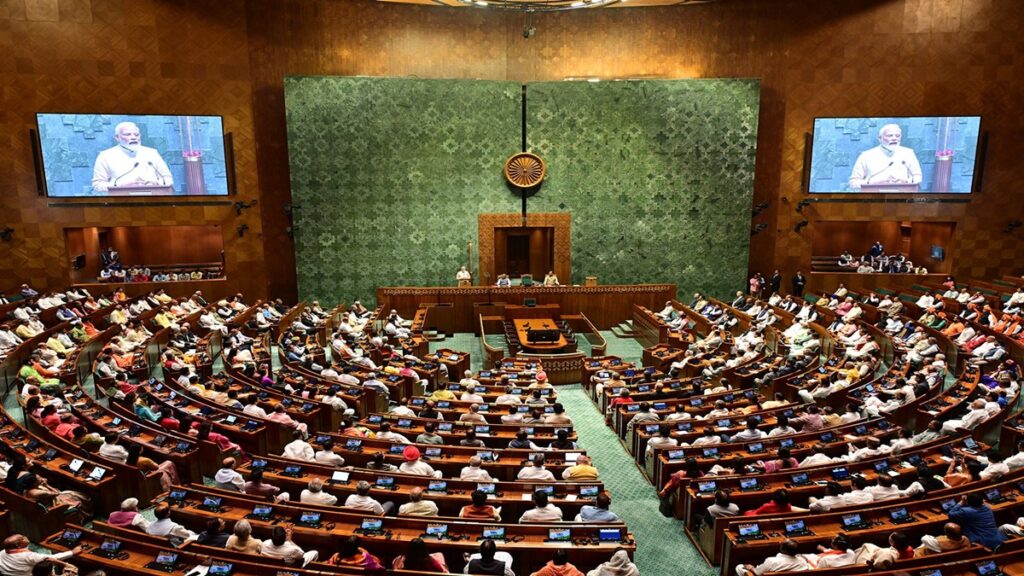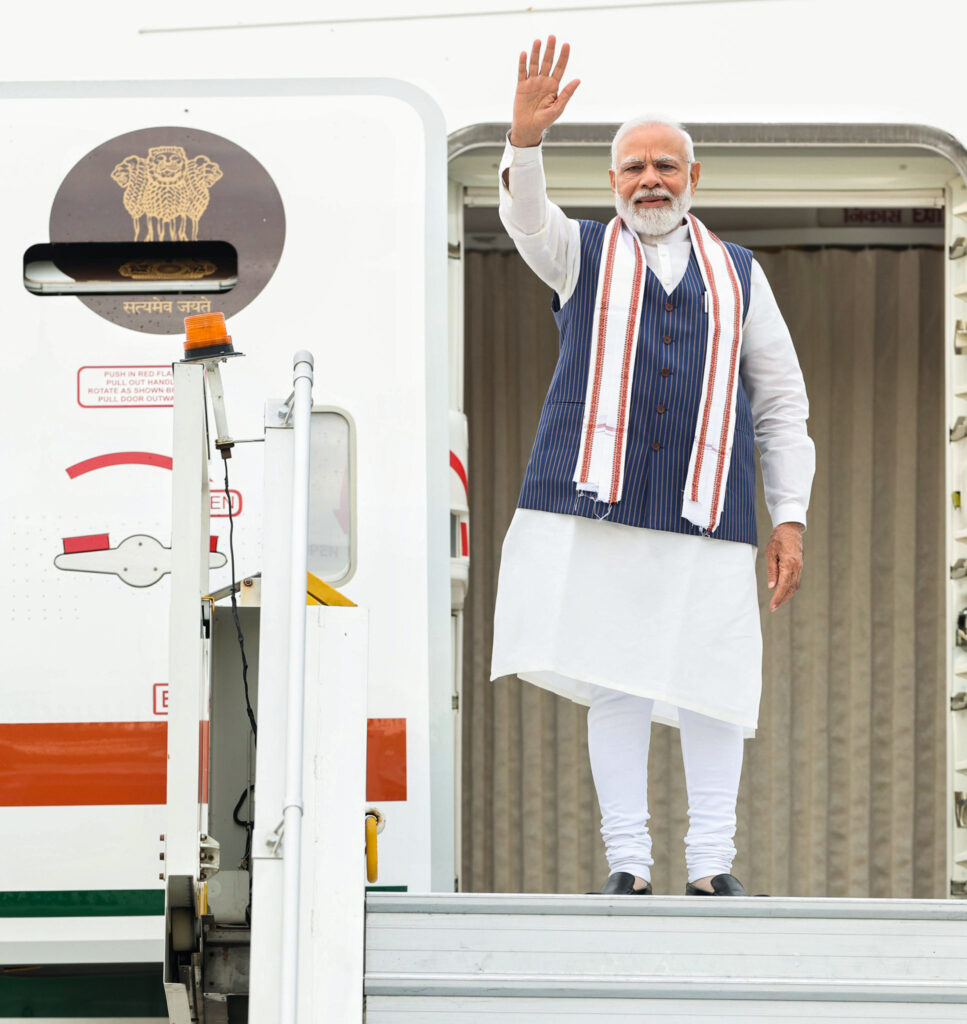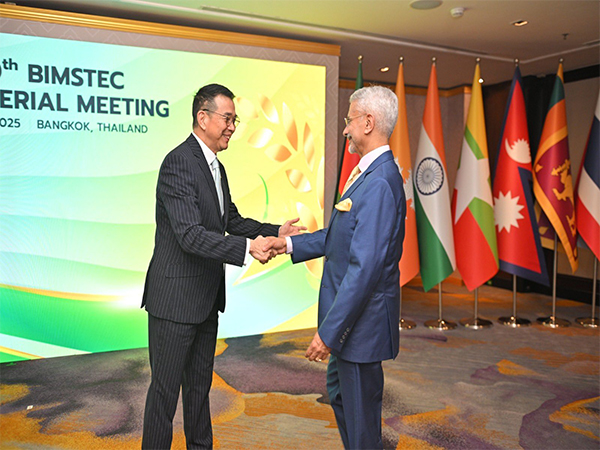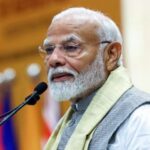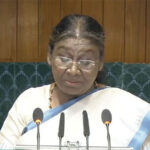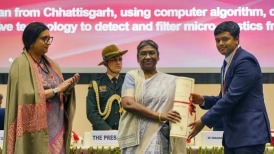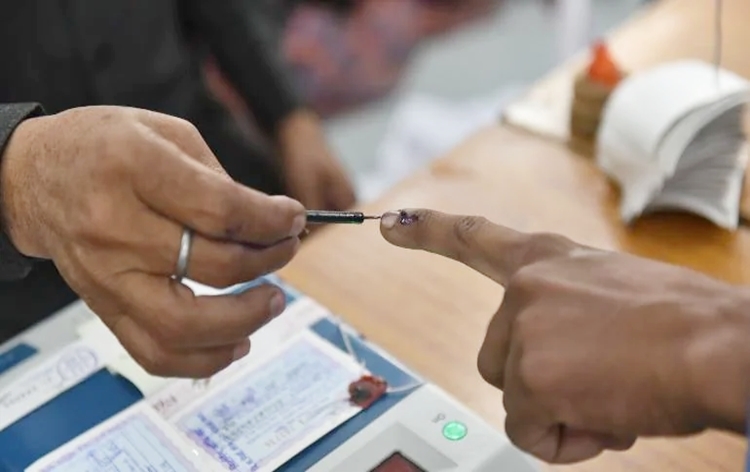Another habitual attempt to divert attention: India slams Pakistan over remarks on Jammu and Kashmir at UN
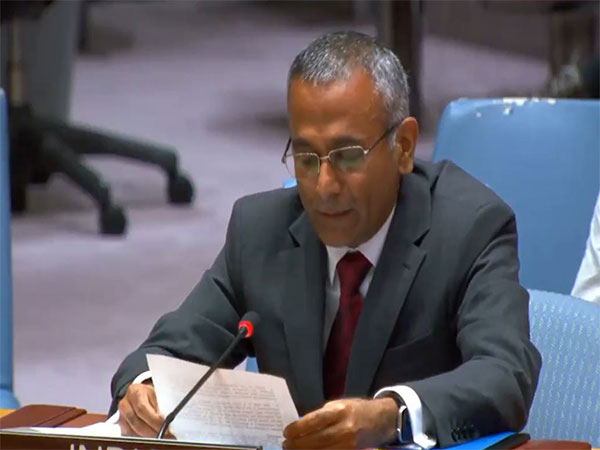
India has strongly condemned Pakistan for its “baseless remarks” on Jammu and Kashmir, calling them “politically motivated and unfounded.” India described these remarks as “another habitual attempt” by Pakistan to divert attention from the serious violations against children occurring within its own borders.
During the United Nations Security Council’s open debate on Children and Armed Conflict, India’s deputy representative to the United Nations, R. Ravindra, asserted on Wednesday that the Union territories of Jammu and Kashmir and Ladakh are integral and inalienable parts of India.
R Ravindra said, “Let me respond briefly in the interest of time to remarks which were obviously politically motivated and unfounded, made by one representative against my country. I categorically dismiss and condemn these baseless remarks with the contempt they deserve.”
His remarks were in response to references made by Pakistan’s representative during the UNSC debate concerning Jammu and Kashmir.
During the debate, R. Ravindra emphasized that the annual discussion has consistently highlighted the challenges faced by children in armed conflict situations and has helped the international community recognize the importance of preventing violations against children.
He noted that the magnitude and severity of grave violations against children in armed conflict situations are matters of deep concern. He stressed that the abuse, exploitation, sexual violence, and other serious violations committed by terrorists against children require greater focus and determined action.
R. Ravindra highlighted that children are particularly vulnerable to indoctrination through violent extremist ideologies designed to foment terrorism. He stressed that this challenge can only be overcome by resolute actions from the governments on whose territory such entities operate.
“The importance of quality education and skill development to mitigate negative consequences cannot be overemphasized. The use of digital tools to provide education, vocational training, and psychosocial support opens up new opportunities for children in conflict situations,” he said.
“Protecting schools, especially girls’ schools, and healthcare facilities, along with their personnel, must be accorded priority. There is a need for a more inclusive approach to providing protection to child victims of armed conflicts. Those children who face relocation and reintegration require special attention. Children who grow up in conflict and post-conflict situations often need a fresh start.”
Ravindra further said that India recognizes the importance of having sufficient resources and a requisite number of child protection advisors in peacekeeping missions for effective child protection programs. He reiterated India’s firm commitment to supporting the UN in its endeavors to protect children in situations of armed conflict.



